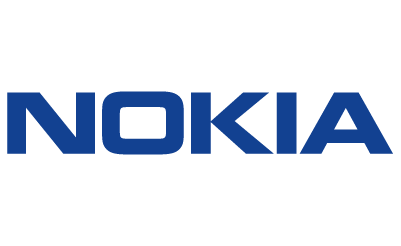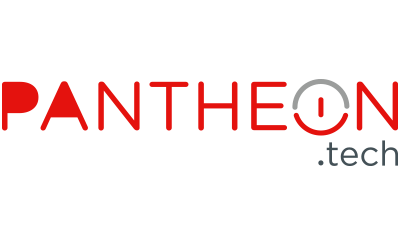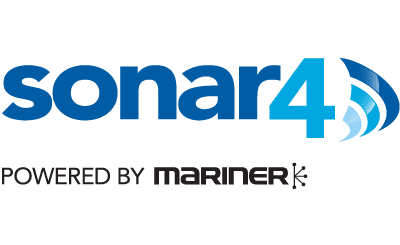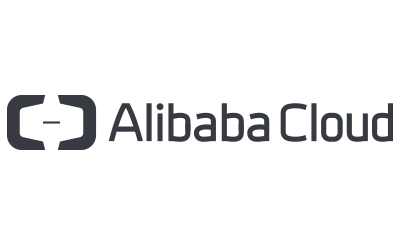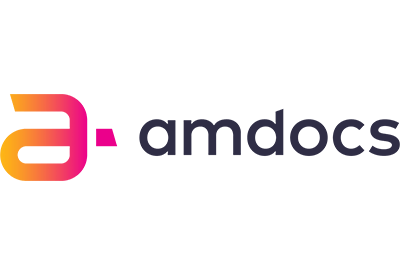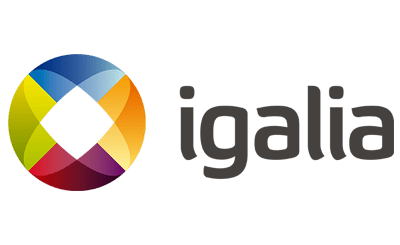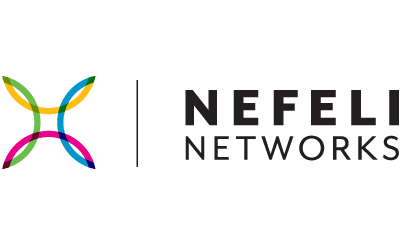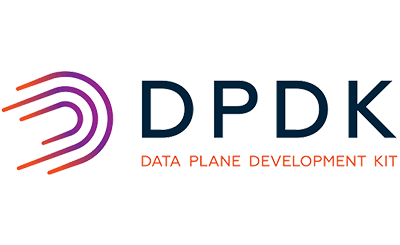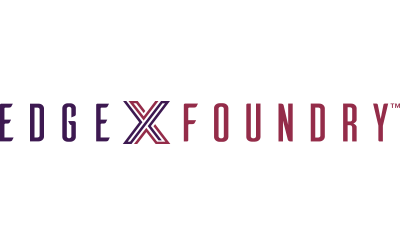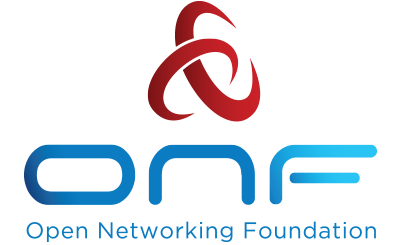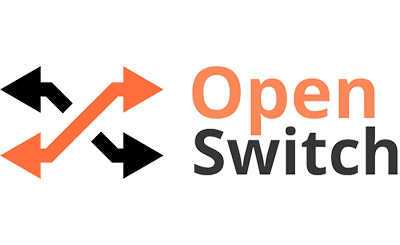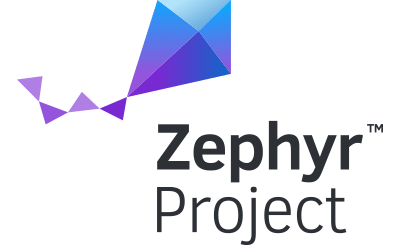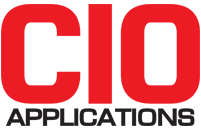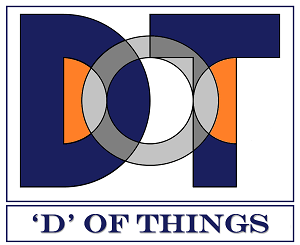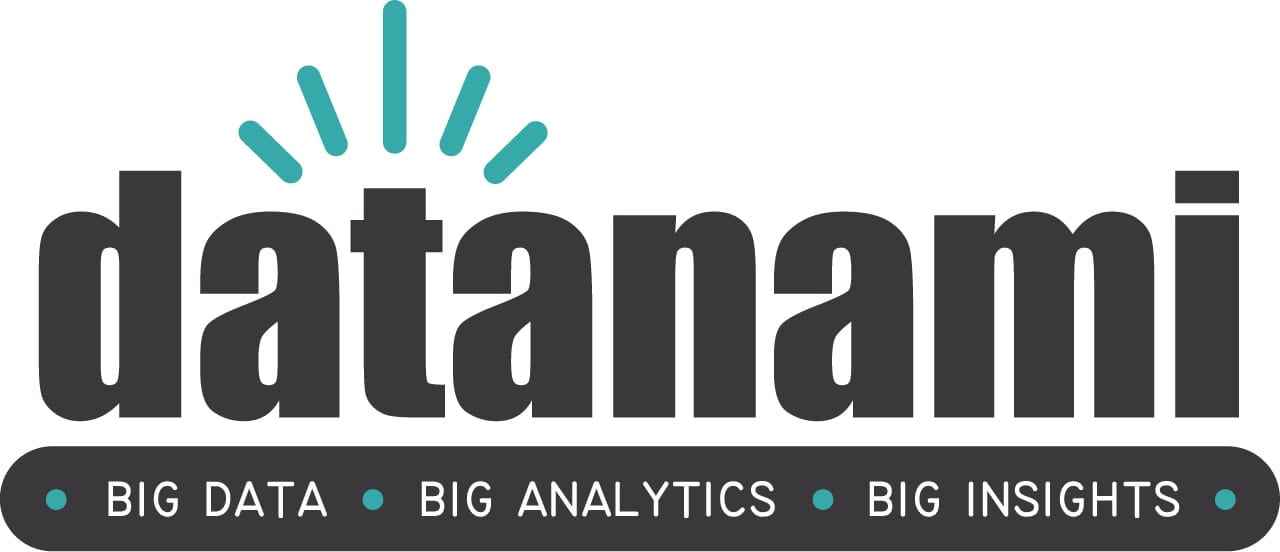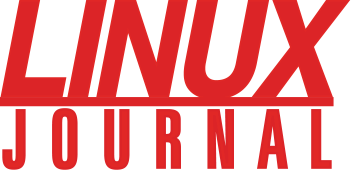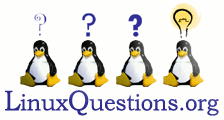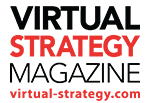Call For Proposals (CFP)
Before you submit, please note that we have a new CFP system which will require you to register and create an account before submitting.
Please CREATE YOUR ACCOUNT before submitting for the first time. Thank you!
- Dates to Remember
- Suggested Topics
- Session Types
- Important Notes
- Preparing to Submit Your Proposal
- How We Pick Submissions
- Code of Conduct
Dates to Remember
- CFP Opens: Monday, November 20, 2017
- CFP Closes: Sunday, June 24, 2018
- CFP Notifications: Friday, July 27, 2018
- Schedule Announcement: Tuesday, July 31, 2018
- Slide Due Date: Monday, September 10, 2018
- Event Dates: Tuesday, September 25 – Thursday, September 27, 2018
Tracks and Suggested Topics
**Please note: The program has been updated to include project-based technical sessions**
Track 1: Networking Latest Trends
- Disaggregation of the Data Plane – Programmable Open Hardware including Silicon & White Boxes + Open Forwarding Innovations/Interfaces
- The Latest in Standards and Open Source Interworking to Drive Industry Forward
- Artificial Intelligence, Machine Learning, and Deep Learning Applied to Networking
- SD-WAN, IIOT, Data Insights, Business Intelligence
- Cloud Native, Kubernetes, and Network Automation
- Containers, Microservices, and the Service Mesh
- Blockchain & Telecom
- AI/DL/ML Impact to Networking
Track 2: Networking Business and Operations
- High Availability, Scalability, Security in Network Platforms
- Next Generation Automated Architecture (Enterprise, Carriers, Cloud)
- Business Case & ROI on Transformation, Next Gen Services Based on SDN/NFV
- Lessons Learned from Migrating/Integrating Legacy PNF/VNF/OSS/BSS to Automated Systems
- Migration of Data Center to Virtualized Software Defined Lessons and Roadmaps
- The Road to 5G deployment; POCs, Pilots, Partners, and Roll-out
Track 3: (Technical) Service Provider & Cloud Networking
- Policy, Closed Loop Automation, and Zero Touch
- Edge Computing; Requirements, Tools, and Emerging Solutions
- NFV Security
- Building High Availability in SDN/NFV Solutions
- 5G Application Use Cases; What Comes First?
- The Shift to Microservice-based VNFs
- Multi-Cloud, and the Benefits it Brings
Track 4: (Business & Architecture) Service Provider & Cloud Networking
- SDN/NFV Learnings to Date, ROI, TCO, Agility Gains, etc.
- Business Case and Strategy for 5G Workloads; IoT, VR/AR, Connected Cars, etc.
- Software Defined Packet Optical
- Mobile Edge Computing/4G Video/CDN
- Planning the Migration – Legacy Workload Migration, and Integration of New Systems with Existing Carrier OSS/BSS/FCAPS Systems
Track 5: (Technical) Enterprise IT DevOps
- Software Defined Data Center Learnings
- Cloud Networking, End to End Solution Stacks – Hypervisor or Container Based
- Container Networking and the Shift to Microservices
- Scale and Performance in SDN Deployments
- Cloud Native App Development
Track 6: (Business & Architecture) Enterprise IT (CXO/IT Architects)
- Digital Transformation – Best Practices
- Bringing DevOps to NetOps – Best Practices
- SDN, and Open Networking Case Studies; ROI, TCO, Operations Improvements, etc.
- Intent-Based Networking
- NFV for Enterprise (vE-CPE, etc.)
- Security – Evolving attack surfaces, agile attack counter-measures, etc.
- Industrial IoT, and the Smart Enterprise, Networking’s role
Session Types
You will need to choose a session type when submitting:
- Session Presentation (30 minutes)
- Panel Discussion (No all male panel submissions)
- Lightning Talk (Typically 5-10 minutes)
- Workshop or Lab (1/2 day)
- Tutorial (1.5 – 2 hours)
Abstract
- This is your chance to *sell* your talk to the program committee, so do your best to highlight the problem/contribution/work that you are addressing in your presentation. The technical details are still important, but the relevance of what you are presenting will help the program committee during the selection process.
- This is the abstract that will be posted on the website schedule, so please ensure that it is in complete sentences (and not just bullet points) and that it is written in the third person (use your name instead of I).
Example: Kernel Weather Report (Jon Corbet, LWN.net) – The Linux kernel is at the core of any Linux system; the performance and capabilities of the kernel will, in the end, place an upper bound on what the system can do as a whole. In this presentation, Jon Corbet will review recent events in the kernel development community, discuss the current state of the kernel, the challenges it faces, and look forward to how the kernel may address those challenges.
Audience – Describe who the audience is and what you expect them to gain from your presentation.
Example: Kernel Weather Report (Jon Corbet, LWN.net) – The audience is anyone interested in Linux kernel development. Attendees can expect a detailed update on the upcoming kernel release, including recent release history, highlighted features, active employer statistics and much more.
Benefits to the Ecosystem – Tell us how the content of your presentation will help better the ecosystem.
We realize that this can be a difficult question to answer, but as with the abstract, the relevance of your presentation is just as important as the content.
Example: Kernel Weather Report (Jon Corbet, LWN.net) – This presentation will help existing and new kernel developers better understand the state of the Linux kernel and will hopefully encourage them, and the companies that they work for, to participate more in upstream kernel development.
Experience Level – Select the experience level (Beginner, Intermediate, Advanced, Any) of those who should attend this session.
First Time Submitting? Don’t Feel Intimidated
Linux Foundation events are an excellent way to get to know the community and share your ideas and the work that you are doing and we strongly encourage first-time speakers to submit talks for our events. In the instance that you aren’t sure about your abstract, reach out to us and we will be more than happy to work with you on your proposal.
How To Give a Great Tech Talk
In the instance that your talk is accepted, we want to make sure that you give the best presentation possible. To do this, we enlisted the help of seasoned conference speaker Josh Berkus who has prepared an in-depth tutorial on “How to Give a Great Tech Talk”.
Part 1: http://www.youtube.com/watch?v=iE9y3gyF8Kw
Part 2: http://www.youtube.com/watch?v=gcOP4WQfJl4
ONS Europe will feature 3 days of sessions, including project-based technical sessions, tutorials, workshops, keynotes and more. Please feel free to submit any topic that you feel would resonate with the audience in any of these formats. We encourage you to view the Suggested Topics tab as a starting point.
Important Notes
- All speakers are required to adhere to our Code of Conduct. We also highly recommend that speakers take our online Inclusive Speaker Orientation Course.
- Panel submissions must include the names of all participants in the initial submission to be considered. In addition, The Linux Foundation does not accept submissions with all-male panels in an effort to increase speaker diversity.
- Complimentary Passes For Speakers – One complimentary pass for the event will be provided per submission. In the instance that a submission has a co-speaker, they will receive a 40% discount off the all-access attendee registration price. For accepted panel discussions, up to 4 panelists, + 1 moderator will receive a complimentary event pass; additional panelists will receive a 40% discount off the all-access attendee registration price
- Avoid sales or marketing pitches and discussing unlicensed or potentially closed-source technologies when preparing your proposal; these talks are almost always rejected due to the fact that they take away from the integrity of our events, and are rarely well-received by conference attendees
- All accepted speakers are required to submit their slides prior to the event
Preparing To Submit Your Proposal
While it is not our intention to provide you with strict instructions on how to prepare your proposal, we hope you will take a moment to review the following guidelines that we have put together to help you prepare the best submission possible. To get started, here are three things that you should consider before submitting your proposal:
- What are you hoping to get from your presentation?
- What do you expect the audience to gain from your presentation?
- How will your presentation help better the ecosystem?
There are plenty of ways to give a presentation about projects and technologies without focusing on company-specific efforts. Remember the things to consider that we mentioned above when writing your proposal and think of ways to make it interesting for attendees while still letting you share your experiences, educate the community about an issue, or generate interest in a project.
Please see below for a high-level view of the selection criteria for Open Networking Summit Europe 2018.
- Coverage of all layers of architecture and all 6 tracks is important. Abstracts should be clear and relevant to the track submitted (eg Tech or business)
- Similar topics (including opposing views) could also be grouped into a joint presentation/panel to make it interesting.
- Product Pitches are not well received and get lower ratings/scores.
- Open Source + Open Networking usage/reference including deployment examples are rated higher.
- Speaker qualification is important to tailor to the audience based on the track (eg no marketing speakers in a tech track).
- End Users get a higher priority – all things being equal.
- Future/forward-looking topics get a slight advantage along with actual deployment examples based on projects. (Note to project submissions: Any submission that simply re-iterates project content is not rated highly. Eg what is ONAP or ONAP Beijing Architecture or OPNFV Upcoming Release or Container Networking etc. This information can be obtained through TSC calls and Wiki. The goal is to show usage OR forward-looking ideas of how projects impact adjacent areas. Also, very specific open source tools for debugging or use in single vendor/user network are rated lower.
- The diversity of speakers & organizations is important.
- In a case of “conflict” (eg company submission, personal submission etc.) reviewers are asked to please use professional judgment and refrain from rating their submissions or their own company’s submissions.
- All scheduled content is confidential until the schedule comes out.
The program committee is currently being finalized and will be announced shortly.
Code of Conduct
The Linux Foundation and its project communities are dedicated to providing a harassment-free experience for participants at all of our events. We encourage all submitters to review our complete Code of Conduct.

